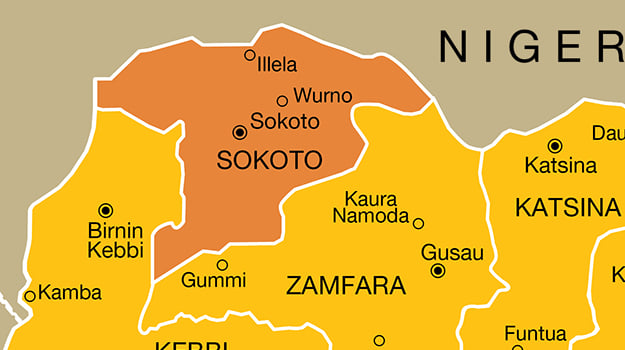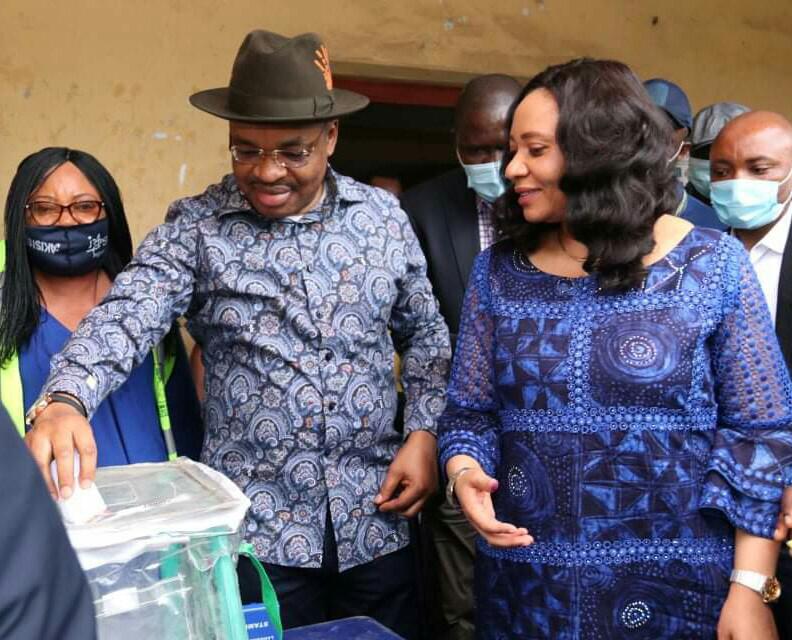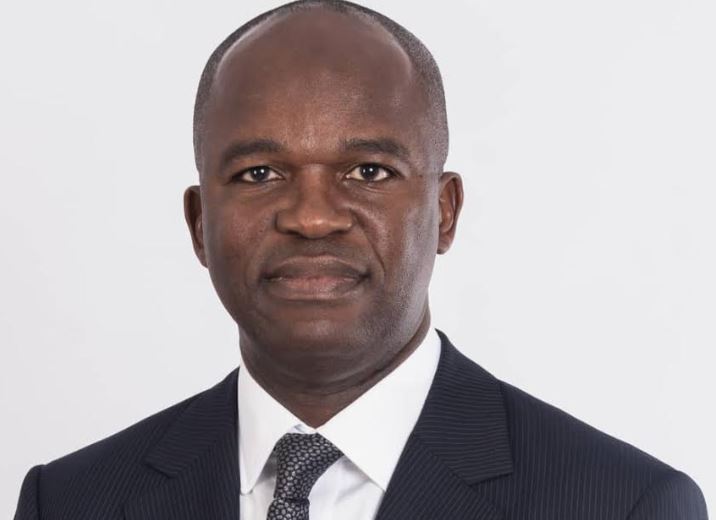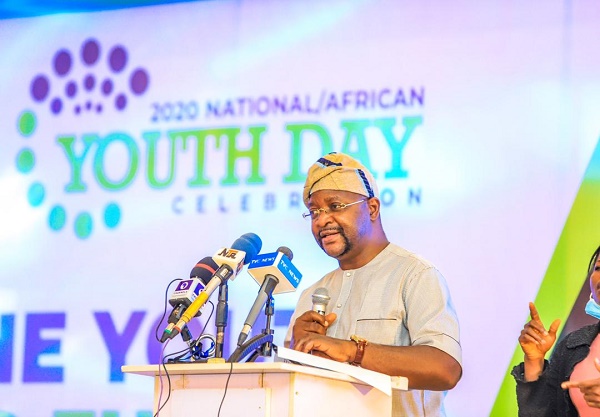Kogi state scored 100 per cent for all indicators in the 2019 annual performance assessment of Nigerian states under the States’ Fiscal Transparency, Accountability and Sustainability (SFTAS) programme.
SFTAS is a $750 million competitive programme of the federal government through which it rewards states for meeting any or all indicators for improved fiscal transparency, accountability and sustainability.
The ministry of finance is overseeing SFTAS, while the office of the auditor-general of the federation (OAUGF) is the independent verification agent.
The OAuGF conducts the annual performance assessments of the states with the technical assistance of JK Consulting, one of the most reputable external audit firms in the country.
Advertisement
The World Bank and other development partners support the programme aiming to incentivise the second tier of government into institutionalising international best practices and greater probity in their management of public funds.
This was confirmed in a statement by Moses Okezie-Okafor, director-general, research and development in the office of the Kogi state governor.
According to Okezie-Okafor, the latest report, released on October 28, 2020, validates the efforts of Yahaya Bello, the governor, to manage public funds in a manner that is open to both public verification and peer review.
Advertisement
The OAuGF, which carried out the assessment based on the nine disbursement linked indicators and tests, ranked Kogi high in the areas of improved financial reporting and budgeting reliability and increased openness and citizens’ engagement in the budget process.
The report noted that the state was also rated high in improved cash management and reduced revenue leakages through implementation of state treasury single account.
To ensure credibility and quality assessment, the IVA engaged the services of experts in taxation, procurement and debt management laws to review fiscal legislation and practices in each state.
The 2019 report noted in particular that Kogi had: “Strengthened Internally Generated Revenue (IGR) collection; Biometric registration and Bank Verification Number (BVN) used to reduce payroll fraud; Improved procurement practices for increased transparency and value for money; Strengthened public debt management and fiscal responsibility framework; Improved clearance/reduction of stock of domestic expenditure arrears and improved debt sustainability.”
Advertisement
That incentive appears to have worked going by the current improvement in the 2019 report.
Idris Asiru, Kogi commissioner of finance and economic development, described the fiscal responsibility system put in place by the government of Bello as a glass house.
According to Asiru: “Every person dealing with state funds is exposed to multiple layers and levels of accountability.
“There is no hiding place.”
Advertisement
Reacting to the development in an earlier press release, Kingsley Fanwo, commissioner of information, said the independent verification is a confirmation of Bello’s commitment to transparency, accountability and performance.
Advertisement
Add a comment





